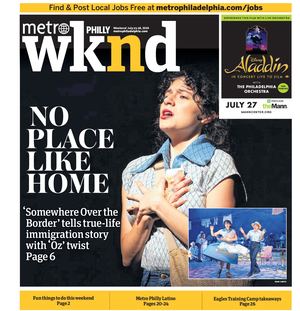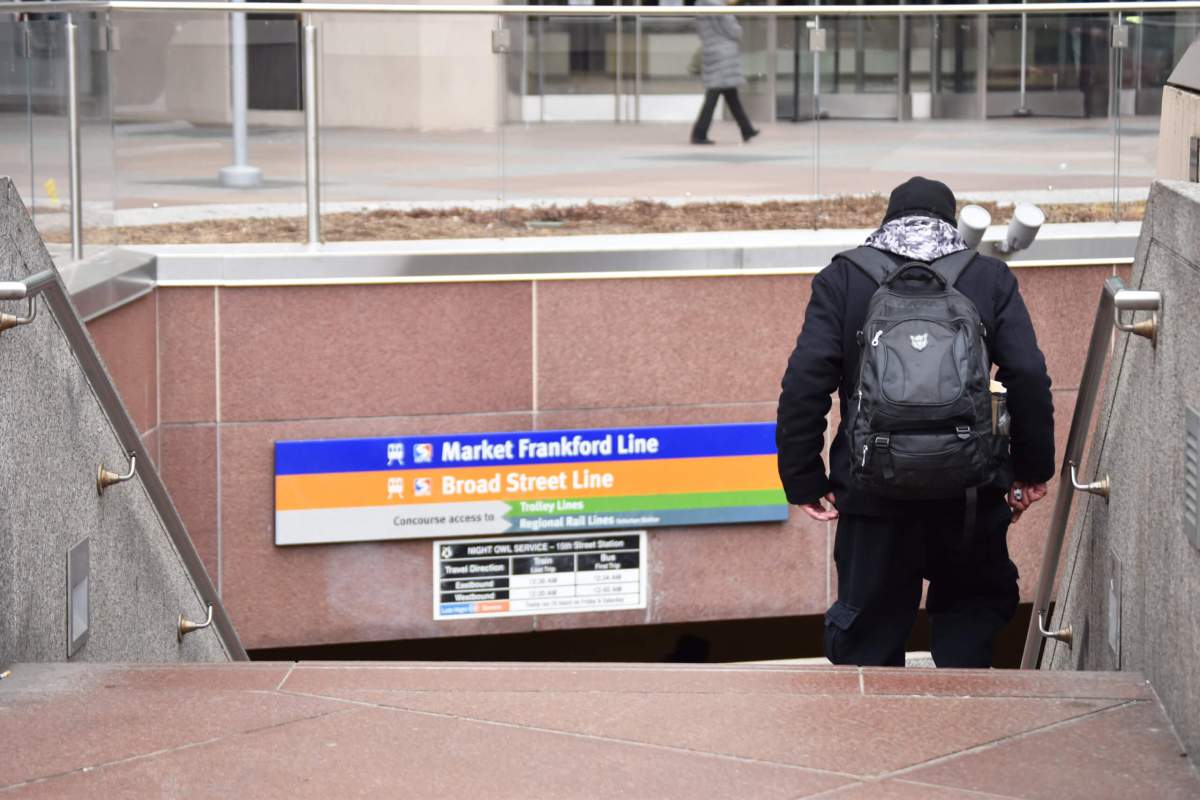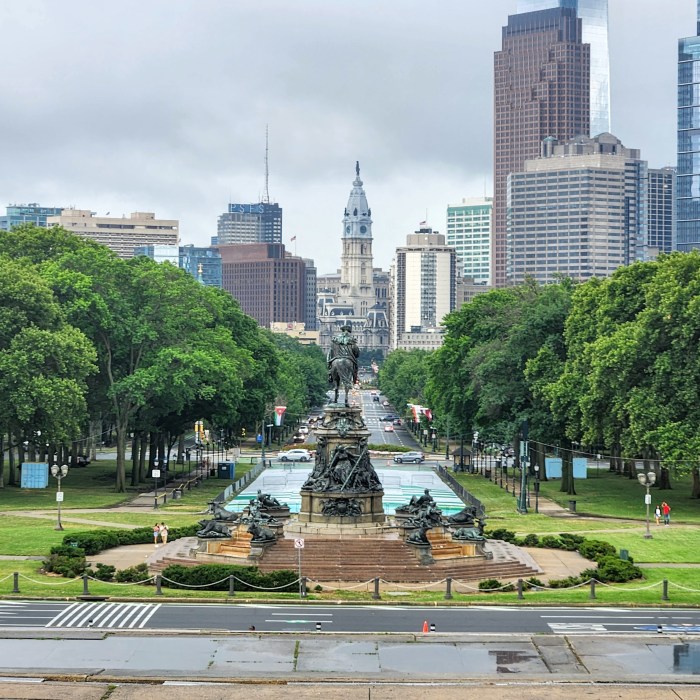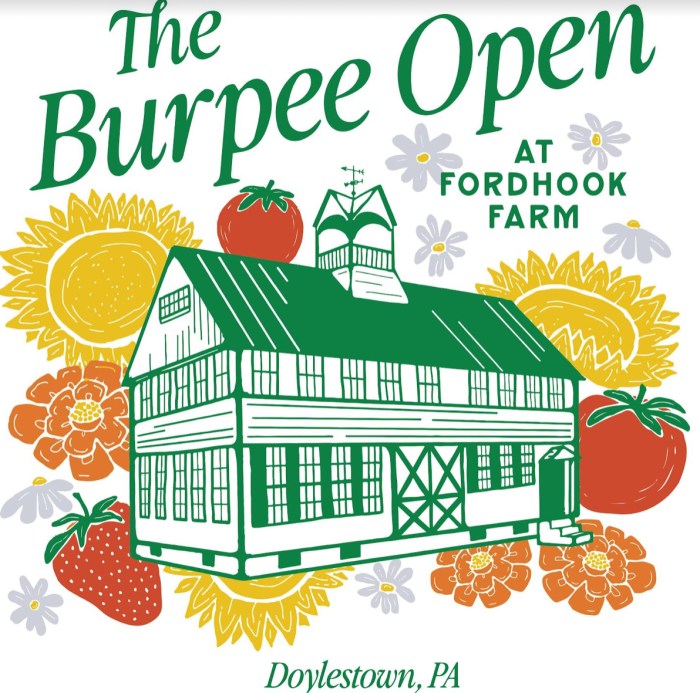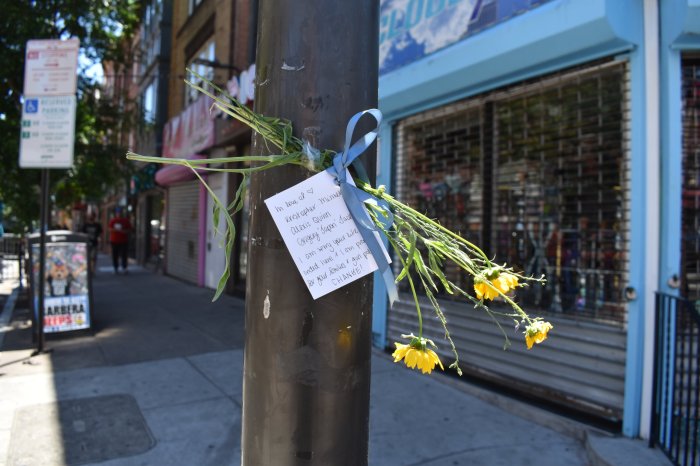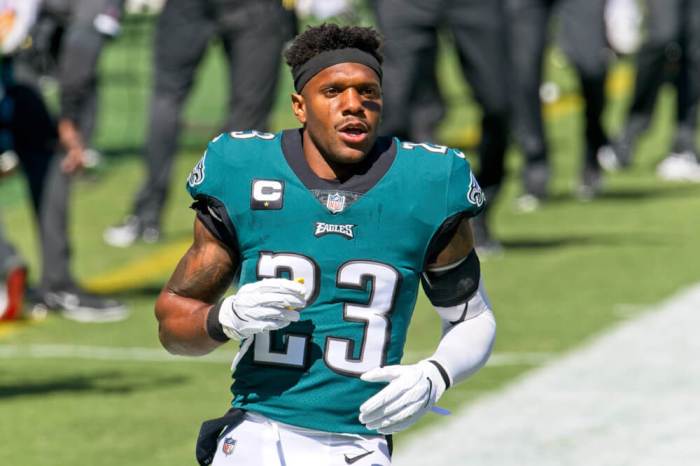SEPTA is in the process of expanding outreach services to people dealing with homelessness and addiction and plans to advocate for more shelter beds and low-income housing units, according to a report released last week.
In the document, the authority refers to the struggles of those who seek shelter in stations and on platforms as a “humanitarian crisis.”
On an almost daily basis, someone using drugs or suffering from mental illness jumps or falls onto the tracks, possibly due to the prevalence of the sedative xylazine, known as “tranq,” in the city’s drug supply, according to the report.
SEPTA earlier this year conducted a “point-in-time” count to calculate the number of homeless individuals within its system and found 437 people in Philadelphia city limits.
Of particular concern is the Market-Frankford Line — SEPTA’s most-used service — where rider reports about homelessness and drug use are more frequent than other forms of transit.
While the plan acknowledges that drug users and unsheltered individuals are more likely to be victims than perpetrators of violent crimes, the authority is concerned that this vulnerable population could lead the public to feel less safe at a time when SEPTA is hoping to regain riders.
Currently, ridership levels for all modes are down about 45% from pre-COVID totals.
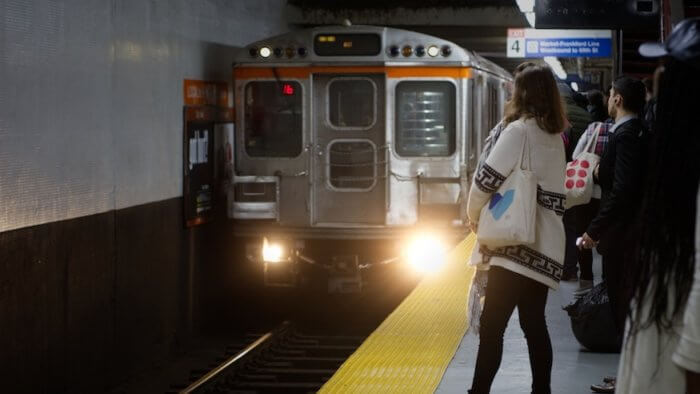
“A more common complaint that we get from customers and one that makes them feel unsafe is if they see open drug use or behavior like that,” SEPTA spokesman Andrew Busch said, “which again is not necessarily something that is going to impact them, but it makes them feel unsafe.”
SEPTA is in the process of formalizing a new permanent department, called Outreach Services, that will oversee social workers and others employed to engage those experiencing homelessness and drug addiction.
The authority’s board last year approved expanding the number of social service workers from seven to 50, and, so far, about 30 have been hired, Busch said.
Outreach specialists are contracted from Merakey Parkside Recovery, One Day at a Time and Eagle Staffing.
Those teams are in addition to the 88 contracted security guards on the Market-Frankford and Broad Street lines and an additional 25 transit police officers who have been deployed as foot patrols with a focus on the MFL.
Part of the report, which concentrates on SEPTA’s SCOPE program, is about the authority’s intention to advocate for additional shelter beds, drug treatment slots and affordable housing units.
That’s a relatively new role for SEPTA, which typically focuses lobbying efforts on increased transit funding.
“For people to not be in a situation where they need to seek shelter on a SEPTA system, there has to be housing available for them,” Busch told Metro. “So we know that we have to try to be part of the solution.”
The plan calls for 55 government-funded units that can be used for people encountered by SEPTA’s outreach specialists, as well as dedicated shelter beds and housing vouchers for those living in public transit vehicles and stations.
Riders are encouraged to report issues on SEPTA’s Transit Watch cellphone app or by texting 215-234-1911; they can also use the emergency call box or alert a SEPTA employee if someone is experiencing a crisis.
To find out whether the recently implemented measures are working, researchers from Drexel and Temple universities are going to study the SCOPE program, and the authority will be monitoring data along the way, according to the report.
